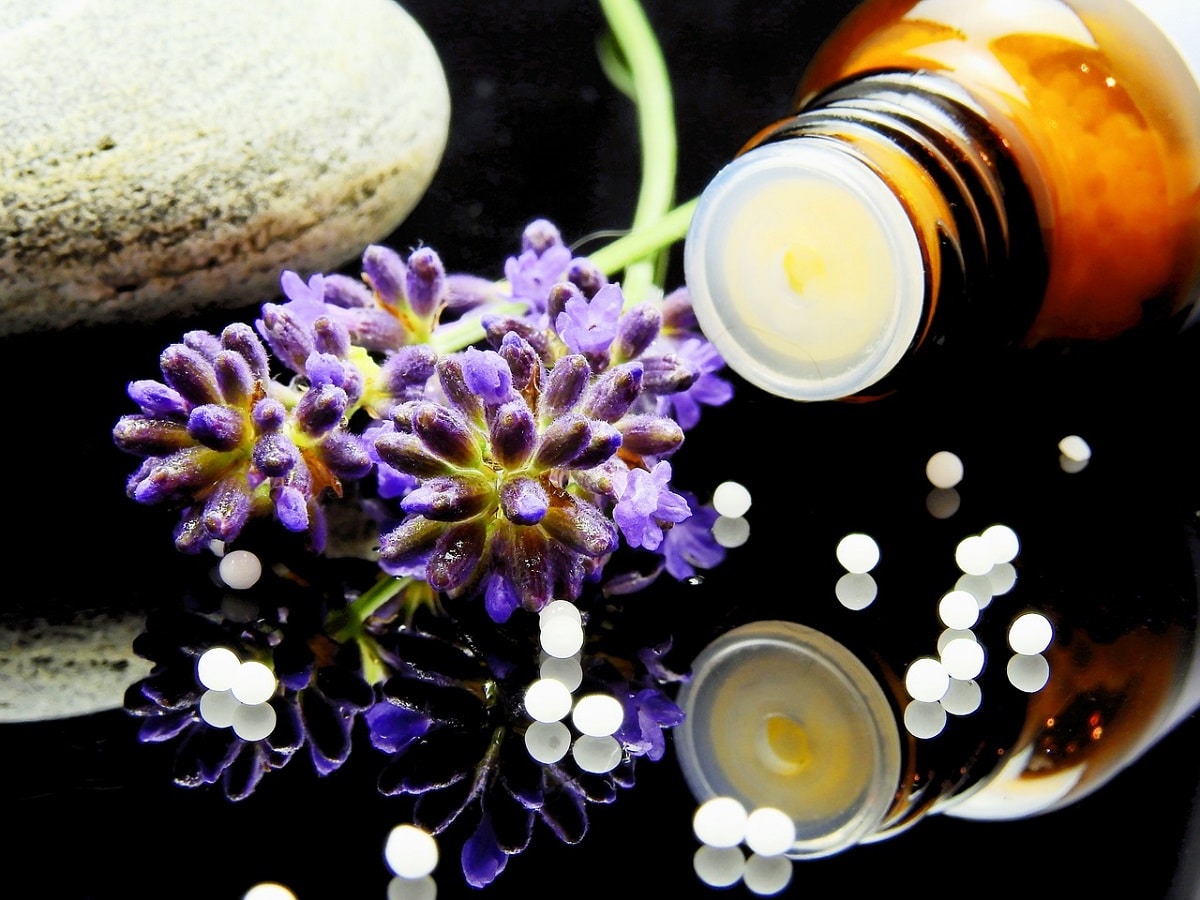
Homeopathy has great detractors and many followers. There are gynecologists and obstetricians who will recommend it to you during pregnancy, childbirth and the puerperium, and others (equally professional) who will not even name you. In general, homeopathy helps reduce symptoms, relieve pain, etc. less intrusively than allopathic drugs.
They are products with low chemical content, which makes its contraindications almost non-existent. Almost, but they also have them. Treatments always have to be indicated and reviewed by a homeopath. Never choose to take anything without first consulting it, you can put your health and that of the baby at risk.
How does homeopathy work?

To understand how homeopathy can help you in pregnancy and the puerperium, we explain how it works. The active principles used in homeopathy are greatly diluted, up to infinitesimal doses, and even so they continue to have therapeutic effects. This is the main reason why you have no side effects during pregnancy.
Homeopathy is based on the principle of similarity, what is equal, heals. The idea is to stimulate the body's own defenses to be more effective. It is then the person himself who heals himself, with some help from homeopathy. In general, homeopathic products do not interfere with other medications, so they can be alternated.
Many Midwives and gynecologists find benefits with homeopathic treatments during pregnancy, childbirth, and the peurperium, in the prevention, relief or improvement of certain diseases. Experts say that this type of medicine does not pose any risk to pregnant women or the fetus. However, it is important to indicate if you are allergic to any type of food or herb that can cause adverse reactions.
Most common uses of homeopathy in pregnancy

Any of the uses that you give to homeopathic treatments during pregnancy should be recommended by your doctor. We find homeopathic remedies that help with minor illnesses, such as a cold, conjunctivitis or others that can occur in the gestation period. It is also common to use homeopathy to:
- Reduce nausea, prevent heartburn and aerophagia. Cuttlefish and ipeca can be excellent allies to treat nausea and vomiting.
- Relieve headaches and promote sleep.
- Avoid leg cramps.
- End constipation and hemorrhoids.
- Prevention and cure of cystitis and vaginitis.
- Reduce stretch marks and repair of tissues in general, with aloe, for example.
- Facilitate dilation in childbirth. The taea racemosa, traditionally called by the North American Indians grass of the women and caulophyllum a month and a half or two months before delivery helps in this task.
- Avoid postpartum depression, the sadness, or the baby blues
To ease the anxiety that a mother may have during pregnancyEspecially in the last months, homeopathic medicines such as ignatia amara, sepia, argentum nitricum or amba grisea are recommended. These treatments offer efficacy, safety and the absence of contraindications and side effects.
Homeopathy in the puerperium and lactation

Some of the homeopathic components are recommended for the first days after delivery, in the immediate puerperium, when the woman has done immense work and her hormones are "out of control." Others, on the other hand, are recommended after the first week of recovery. In all cases, it is best to consult a specialist. Never self-medicate.
Arnica montana, china rubrao pyrogenium, are recommended for decay and fatigue after childbirth, which are also used to avoid complications such as infections, bruises. Pphosphoricum omposé acidum will help you both for physical and intellectual fatigue, and is compatible with breastfeeding.
As for breastfeeding, there are remedies that promote the secretion of milk, as Lac canínum, urtica urens, zinoim metallicum. Others can treat cracks in the nipple, graphites, for example, or the painful rise of milk. To relieve mastitis, belladonna, bryonia alba or phytolacca decandra are recommended, depending on the case. Remember that you should not take them on your own, you should always be advised by a specialist.